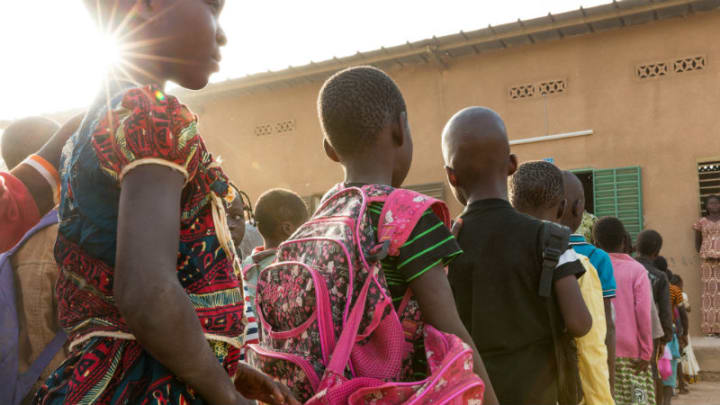Education has long been notoriously slow to change. Most classrooms around the world look scarcely different than they did a century ago. But as the World Bank’s education lead Harry Patrinos told Devex at the Global Education & Skills Forum in Dubai, “the race is now being led by technology, and education is having trouble keeping up.” With automation and artificial intelligence likely to cut off the traditional path to development for many countries, which has included employing large numbers of workers in low-skill manufacturing, education systems simply aren’t ready.
Take India, itself a global leader in advanced technologies. Between 50 and 80 percent of its young college graduates are literate and numerate — but still considered “unemployable.” With 1 million young people entering the workforce each month in India, the country will have a hard time developing and eradicating poverty without a fundamental transformation of its education system.
That transformation is not coming quickly. But, at what is billed as the Davos of global education, more than two dozen education leaders and experts told Devex that it is in fact coming. And, they said, global development leaders and organizations can play a key role in this slowly emerging but essential trend.
For one thing, experts told Devex that global attention to the education crisis is growing. So too is attention at the country level>
source:-.devex.c

